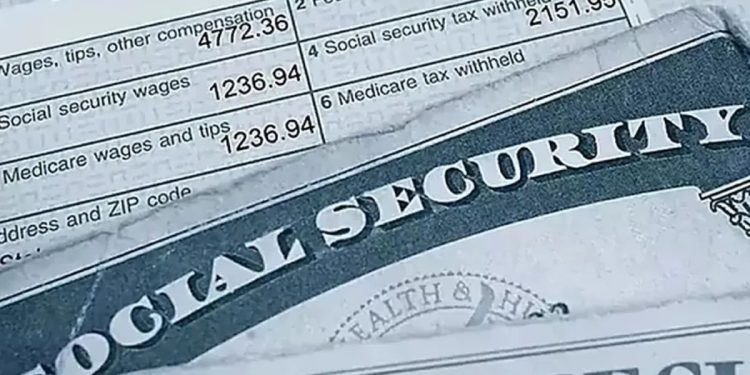When it comes to Social Security benefits, many people believe that working for a few years and making the required contributions guarantees them a steady pension with monthly payments. However, the reality is more nuanced. There are several important factors to understand regarding eligibility, retirement age, credits, and the amount of benefits one can receive. Let’s break down these aspects clearly.
Minimum Retirement Age and Full Retirement Age
One of the first considerations when thinking about Social Security is the age at which you can begin receiving benefits. The minimum retirement age to start receiving Social Security benefits is 62. However, choosing to begin benefits at this age comes with a significant drawback: a reduction in the monthly amount.
The age at which you are entitled to your full benefit depends on your birth year. For individuals born in or before 1957, full retirement benefits are available at age 66. If you were born between 1943 and 1954, your full retirement age remains 66. However, for those born between 1955 and 1960, the full retirement age gradually increases, ultimately reaching 67 for anyone born in 1960 or later. This means that individuals born in 1960 or after must wait until they are 67 to receive their full retirement benefits.
How Many Credits Are Needed for Social Security Benefits?
To qualify for Social Security benefits, you must accumulate at least 40 Social Security credits. These credits are earned by working and paying Social Security taxes. In simple terms, every year you work and contribute to Social Security taxes, you accumulate credits. The maximum number of credits you can earn in a year is four.
For example, in 2025, you earn one Social Security and Medicare credit for every $1,810 of covered earnings. To earn the maximum of four credits in one year, you would need to earn at least $7,240. This is a significant point to note because many individuals mistakenly believe that earning more than 40 credits will increase the amount of their Social Security benefit.
How Income Affects the Amount of Social Security Benefits
While the number of credits is crucial for eligibility, the amount you receive in benefits depends primarily on your average income during your working years. Social Security benefits are not based solely on the number of credits earned but are calculated according to your income history. In other words, you may have accumulated more than 40 credits, but that will not increase your monthly payment. Your benefit is determined by your lifetime earnings, with a special focus on the 35 highest-earning years of your career.
For instance, if your income was higher than average during most of your career, your benefits will reflect that. However, if your earnings were low or inconsistent over the years, you will likely receive a smaller benefit. The Social Security Administration uses a formula to determine how much you are eligible to receive based on your earnings history.
What Happens If You Don’t Earn Enough Credits?
It’s important to note that if you do not accumulate the required 40 credits, you will not be eligible for Social Security benefits. This means that if you haven’t worked enough in Social Security-covered jobs or didn’t pay the required taxes, you will not qualify for any benefits when you reach retirement age.
In practical terms, it generally takes about 10 years of working in a job where you pay Social Security taxes to earn the 40 credits needed for eligibility. If, over the course of those 10 years, your earnings meet the minimum required to earn the credits, you will be eligible for Social Security benefits.
Conclusion
Social Security is an essential part of retirement planning for many individuals. However, it’s not as simple as just working a few years and automatically qualifying for guaranteed monthly payments. Understanding the key factors, including the minimum retirement age, full retirement age, credits, and how income influences your benefits, is vital for making informed decisions about your financial future. Earning 40 credits and meeting the income requirements ensures that you’ll be eligible for benefits, but your monthly payments will depend on your income history. With this knowledge, you can better plan and manage your Social Security benefits as you approach retirement age.








